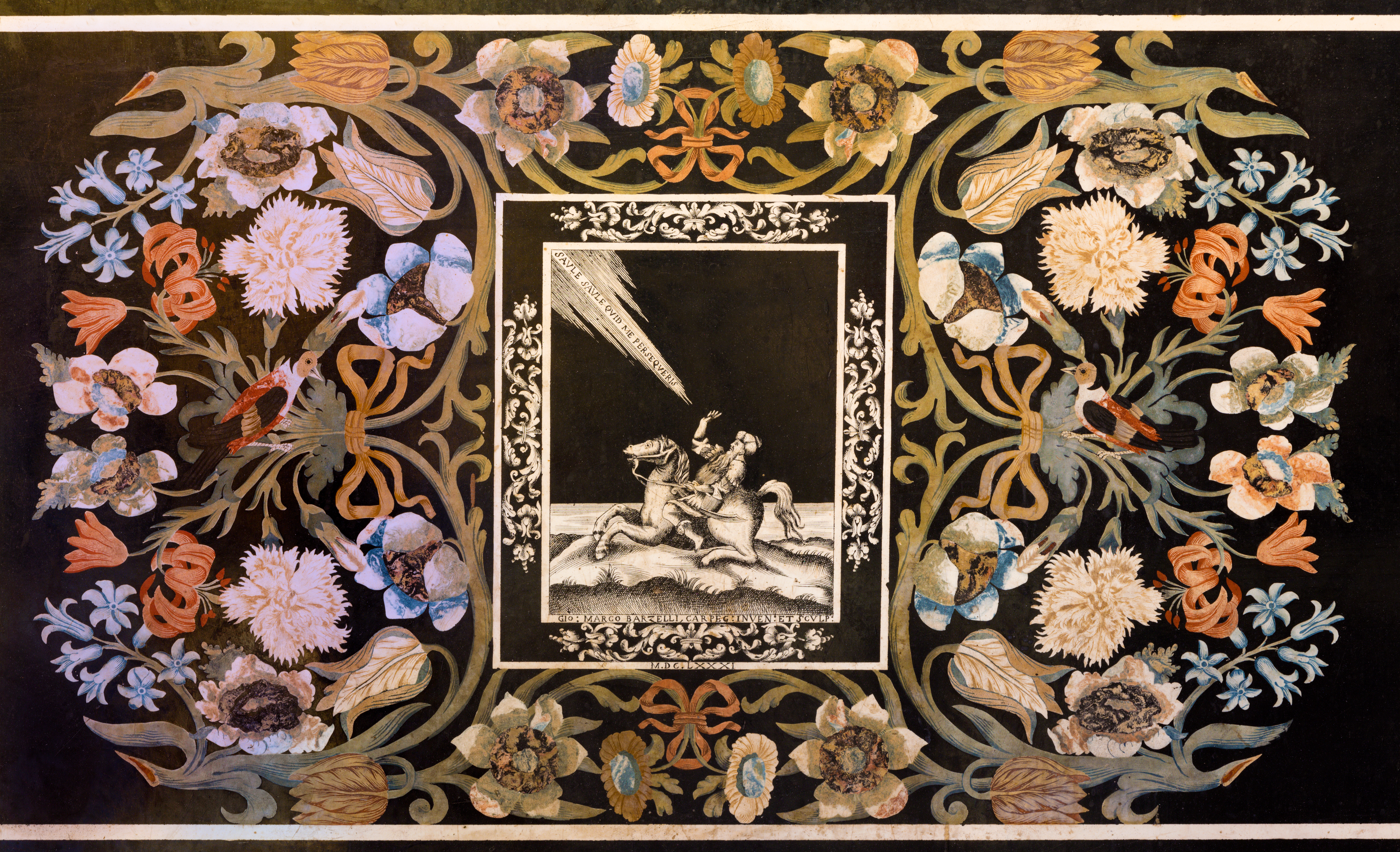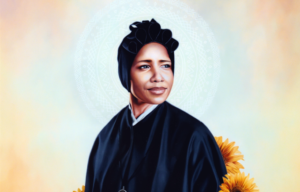
THE CONVERSION OF A LIFETIME

A great light from heaven shone about him and a voice spoke, “Saul, Saul, why are you persecuting me?” This how Saul, a persecutor of Christians became Paul, arguably one of the most influential saints in the history of Christianity. For most of us, conversion is less dramatic. Rarely is it accompanied by signs and wonders. It is typically gradual – often imperceptible. It usually takes a lifetime.
As a young adult cradle Catholic, I was always a little envious of those who had what we call a “conversion experience.” I’m not sure what exactly I envied. I think I just wanted to know what the experience felt like to radically change your perspective … or even your life direction. I now realize that all of us have a goodly share of converting insights presented to us throughout our life. They can come at times of great turmoil such as the end of a relationship. As well they can come in times of great peace such as during a beautiful liturgy or quiet retreat. No matter the context, we can be certain that God is constantly communicating to us – calling us to be more authentic Christians, to be healthier, holier persons, to be in an ever-deepening relationship with Jesus and our neighbours.
The Acts of the Apostles, makes it clear that Paul’s conversion began on the road to Damascus but it did not end there. Paul would continue to mature as a follower of Christ throughout his life, learning lessons, working through difficult relationships, deepening his knowledge of God. The same is true for us. The work of conversion is never done.
In elementary school, we used to enjoy quizzing our teacher – Mrs. Kennedy – about sin. The conversations went something like, “If you told a very small lie to protect a person who was hiding from a very dangerous criminal, would that be a sin?” We were all trying to figure out exactly how much we could get away with without sinning. Being good was a measurable thing. It was a set of rules to be learned and followed. As I grew older, I learned that living a virtuous life was far more than this. It is more of an art than a science. It is akin to learning a language. (I learned that from one of my graduate school teachers – Fr. Ron Mercier, SJ) We begin speaking by following rules we do not yet know, eventually able to be understood by others. Then we learn the rules of grammar. Our speech can then become more precise and comprehensible. But the highest form of language is not only functional but beautiful. It is eloquent. It is poetic.
Likewise, being a moral person begins with us learning basic rules of right and wrong. It has an important societal purpose. It quite literally keeps us from killing one another. But as Christians we are called beyond not-breaking-rules. We are called to the beautiful life of virtue. This is the life in which enemies are forgiven and loved, in which the poorest are valued as brothers and sisters, in which generosity and kindness and justice are hallmarks of our action. Conversion to Christian living, therefore, is never over for us, just as it was never over for Paul.
Christine Way Skinner has been a pastoral minister for thirty years and has recently begun a doctoral program in theology at St. Michael’s College. Together with her husband, Michael, she has parented six wonderful children. She has written a number of books for Novalis on living the Catholic faith for both adults and children.


